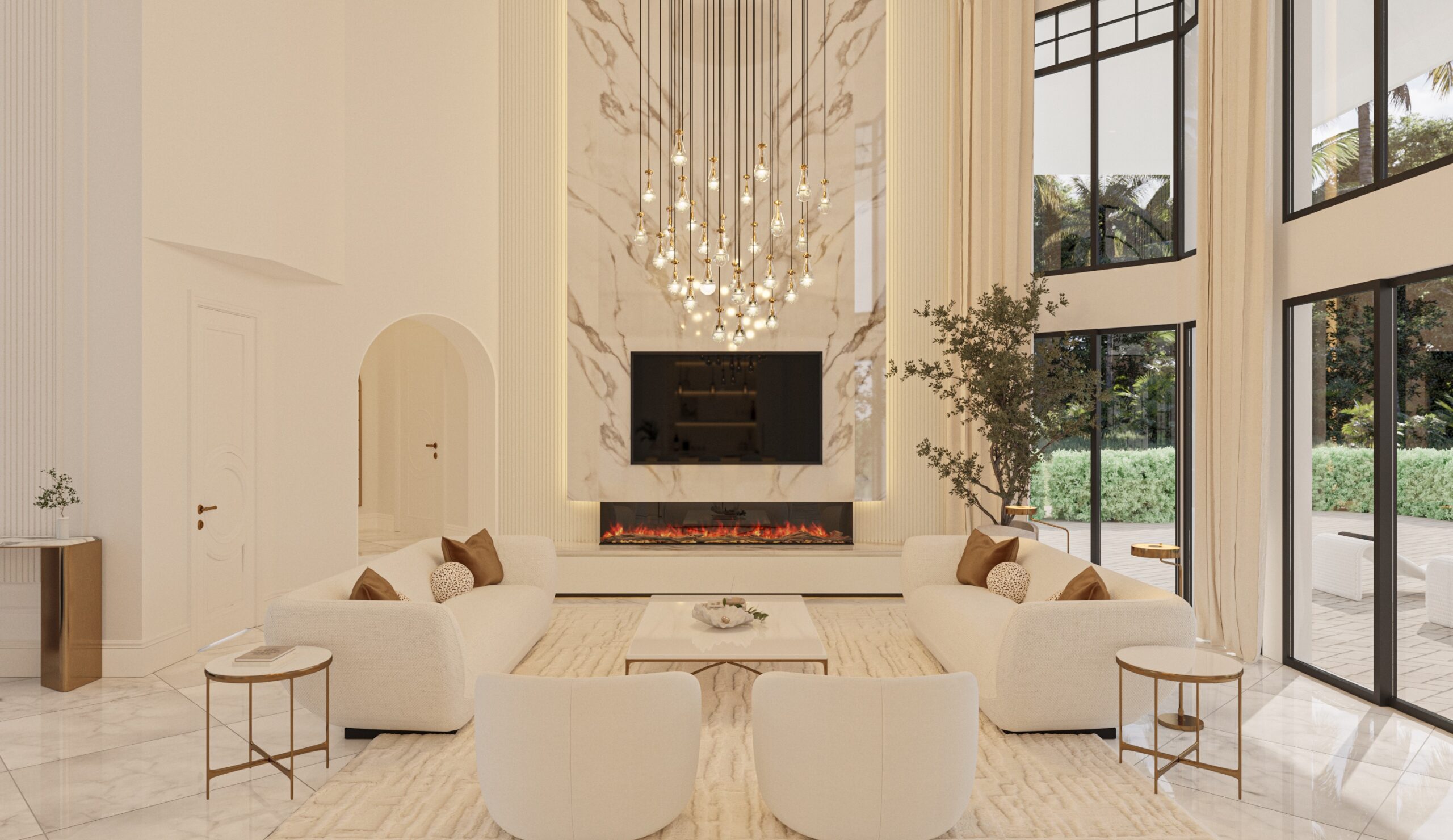Compensation Structures for Interior Professionals
When it comes to how interior designers and decorators get paid, there are a few common methods in their playbook. Here's a breakdown of the typical compensation structures:
Hourly Rates: Many interior professionals charge by the hour for their services. This means you pay for the time they spend working on your space. According to HomeAdvisor, interior designers make about $55,000 per year on average, which translates to an hourly rate.
Fixed Fees: Some professionals prefer to charge a flat rate for their services. This fee is agreed upon before the project begins and covers the entire scope of work. The cost of an interior designer can vary based on the project size and complexity.
Commission or Markup: When interior professionals purchase materials, furniture, or accessories for your space, they may add a markup to cover their time and expertise. This commission is typically a percentage of the total cost of the items purchased.
Percentage of Project Cost: Another common method is to charge a percentage of the total project cost. The larger the project, the higher the designer or decorator's fee will be. According to Architectural Digest, the top 10 percent of interior designers earn more than $125,000 annually.
Retainer: Some clients may choose to pay a retainer to secure the services of an interior professional for a specific period or until the project is completed.
It's important to note that the choice between an interior designer, who can make structural changes to your space, and an interior decorator, who focuses on aesthetics and styling, may impact not only the final look but also how you budget for their services.
Understanding Professional Credentials
When deciding between hiring an interior designer or an interior decorator, it's essential to consider their professional qualifications:
Interior Designers
- Often require formal education and licensing
- May need to pass the National Council for Interior Design Qualification (NCIDQ) exam
- Can make structural changes to a space
- Education typically includes topics like building codes, space planning, and project management
Interior Decorators
- Typically do not require formal licensing
- Focus primarily on aesthetics and styling
- Work on enhancing the look of an existing space without making structural changes
- May not have formal training, but often have a keen eye for design and décor
Interior designers generally have more extensive education in the field, usually a two-year or four-year degree. Most states also require interior designers to be licensed, which involves passing the NCIDQ exam to demonstrate their expertise.
On the other hand, interior decorators focus on making a space visually appealing by selecting color schemes, furniture, and accessories. They do not make structural changes and may not require formal training or licensing.
Which One Is Right for You?
Choosing between an interior designer and an interior decorator depends largely on your needs and goals. If you are planning a major renovation or construction project, an interior designer may be the best choice.
They can help you create a design plan that maximizes the functionality and beauty of your space while ensuring that it meets your specific needs and preferences.
If you simply want to enhance the look and feel of a room or home, an interior decorator may be the better option. They can help you select decorative elements that reflect your personal style and create a cohesive and visually stunning space.
Ultimately, both designers and decorators play important roles in creating beautiful and functional spaces. By understanding their unique roles and expertise, you can choose the professional who is best suited to your needs and goals.
Frequently Asked Questions
Determining if You're Overpaying for Interior Decoration Services
Wondering if you're getting a fair deal with your interior decorator? Without standard pricing to guide you, it can feel like a guessing game.
To start, ask for itemized quotes from several decorators to get a market overview. Also, check out local forums or websites where people discuss their experiences and rates paid for similar services.
Transparency is key—don't hesitate to request detailed breakdowns.
Why Choose Us?
Ready to transform your space into a stunning, functional masterpiece? Look no further than SKETCH, the premier interior design studio that brings your vision to life.
With a team of highly skilled and passionate designers, we are dedicated to creating unique, tailored spaces that reflect your style and meet your needs.
From concept to completion, we will guide you through every step of the design process, ensuring that your project is executed flawlessly.
Our extensive portfolio showcases a wide range of styles and projects, from cozy residential spaces to sleek commercial environments, demonstrating our versatility and expertise.
When you choose SKETCH, you're not just hiring a design firm—you're partnering with a team that genuinely cares about your goals and aspirations.
We listen carefully to your ideas, offer expert advice, and work tirelessly to create a space that exceeds your expectations.
So why wait?
Take the first step towards your dream space and schedule a consultation with us today.
SCHEDULE APPOINTMENT TODAY!